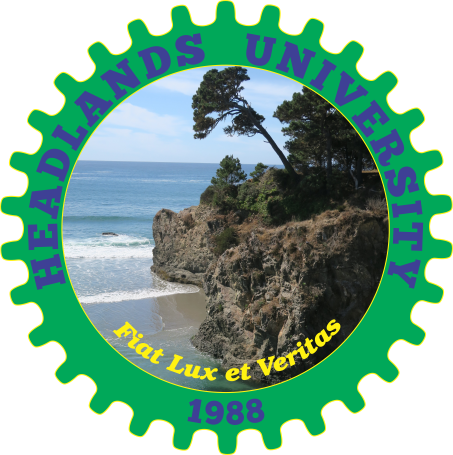“Fitness function” is a term from genetic programming, an artificial intelligence technique that tries to model the development of computer programs on evolutionary biology. (106)
John Gall, Systemantics: “A complex system that works is invariably found to have evolved from a simple system that worked. The inverse proposition also appears to be true. A complex system designed from scratch never works and cannot be made to work. You have to start over beginning with a simple working system.” (106)
We are already in the thrall of a vast, world-spanning machine that, due to errors in its foundational programming, has developed a disdain for human beings, is working to make them irrelevant, and resists all attempts to bring it back under control. It is not yet intelligent or autonomous, and it still depends on its partnership with humans, but it grows more powerful and more independent every day. We are engaged in a battle for the soul of this machine, and we are losing. Systems we have built to serve us no longer do so, and we don’t know how to stop them.
...I am talking about something we refer to as “the market.” (231-2)
When we imagine an artificial intelligence, we assume it will have an individual self, an individual consciousness, just like us. What if, instead, an AI was more like a multicellular organism, an evolution beyond our single-celled selves? What’s more, what if we were not even the cells of such an organism, but its microbiome..? (234)
William Lazonick, Center for Industrial Competitiveness: “the primary role of the stock market has been to permit owner-entrepreneurs and their private-equity associates to exit personally from investments that have already been made rather than to enable a corporation to raise funds for new investment in productive assets.” (245)
In 75% of the VC-backed startups, the entrepreneurs gets zero, and only 0.4% hit the proverbial jackpot. (247) Companies are forced to eliminate workers not by the market of real goods and services where supply and demand set the right price, but by the commands of financial markets where hope and greed too often set the price. (257)
Here's my favorite quote (attributed in the book to Nick Hanauer): “Prosperity in human societies is best understood as the accumulation of solutions to human problems. We won't run out of work until we run out of problems.” (300)
Clayton Christian’s Law of Conservation of Attractive Profits: “When one thing becomes commoditized, something else becomes valuable.” We must ask ourselves what will become valuable as today’s tasks become commoditized. (308)
Michael's thoughts: Paul Buchheit posits two kinds of money, “machine money and human money” – this in the discussion of the Universal Basic Income, and, O’Reilly says, “[Buchheit] believes that the bounty from the next generation of machine productivity should be distributed sufficiently so that everyone can have enough ‘machine money’ to meet their basic needs.” From the perspective of my life, this looks a lot like a “race to the bottom,” where everyone lives in canned houses, eats canned food, consumes canned entertainment, and lives predictably pre-digested lives. Eeeew!
I am unclear how this jibes with the farm-to-table, organic, and home-made nature of the kind of authentic life I and more and more of my friends seem to be seeking and, in large part, achieving.
I’m also puzzled by how O’Reilly’s doctrine of Open Source goodness coincides with the success of stubbornly proprietary enterprises like Apple?


